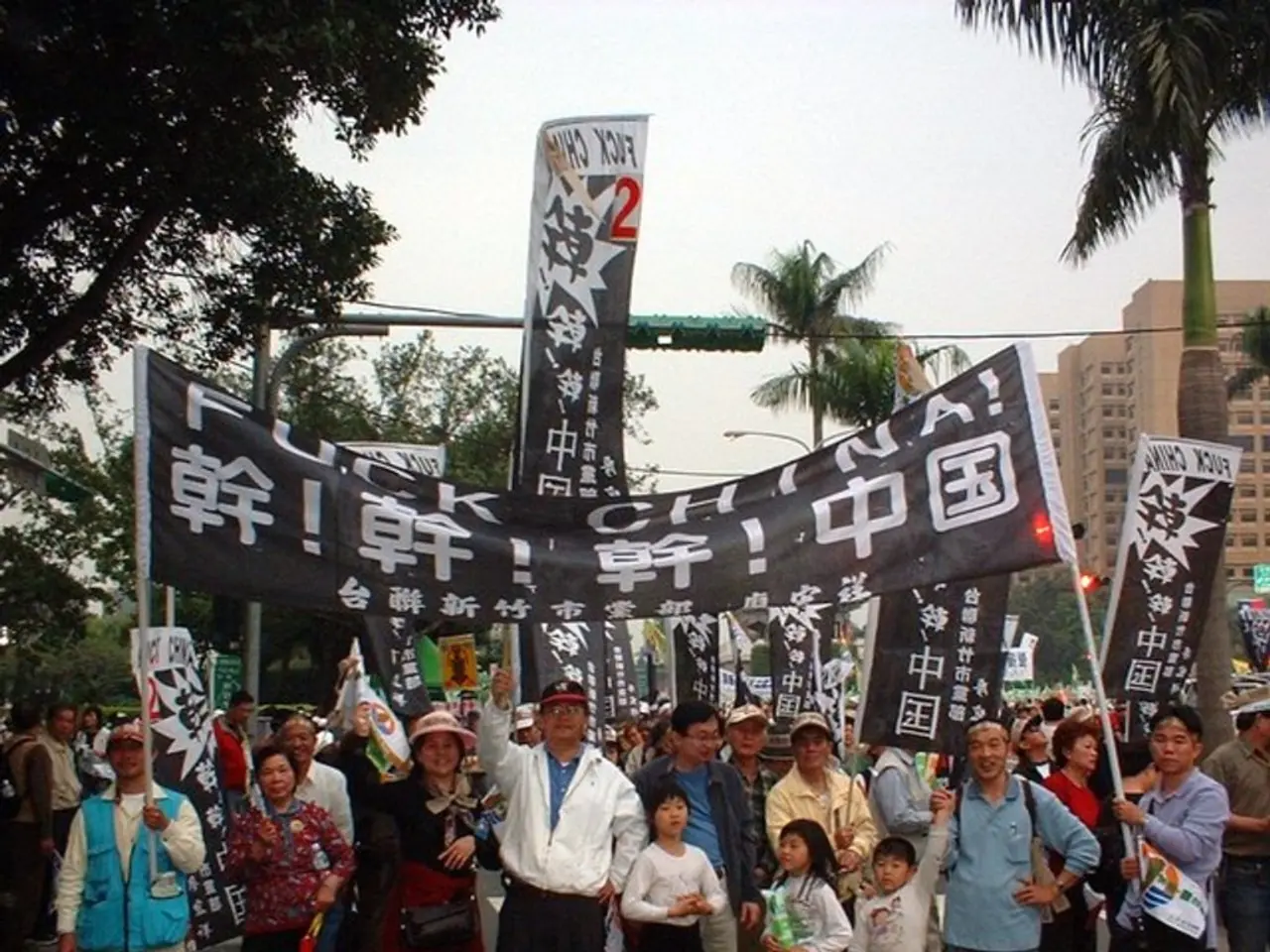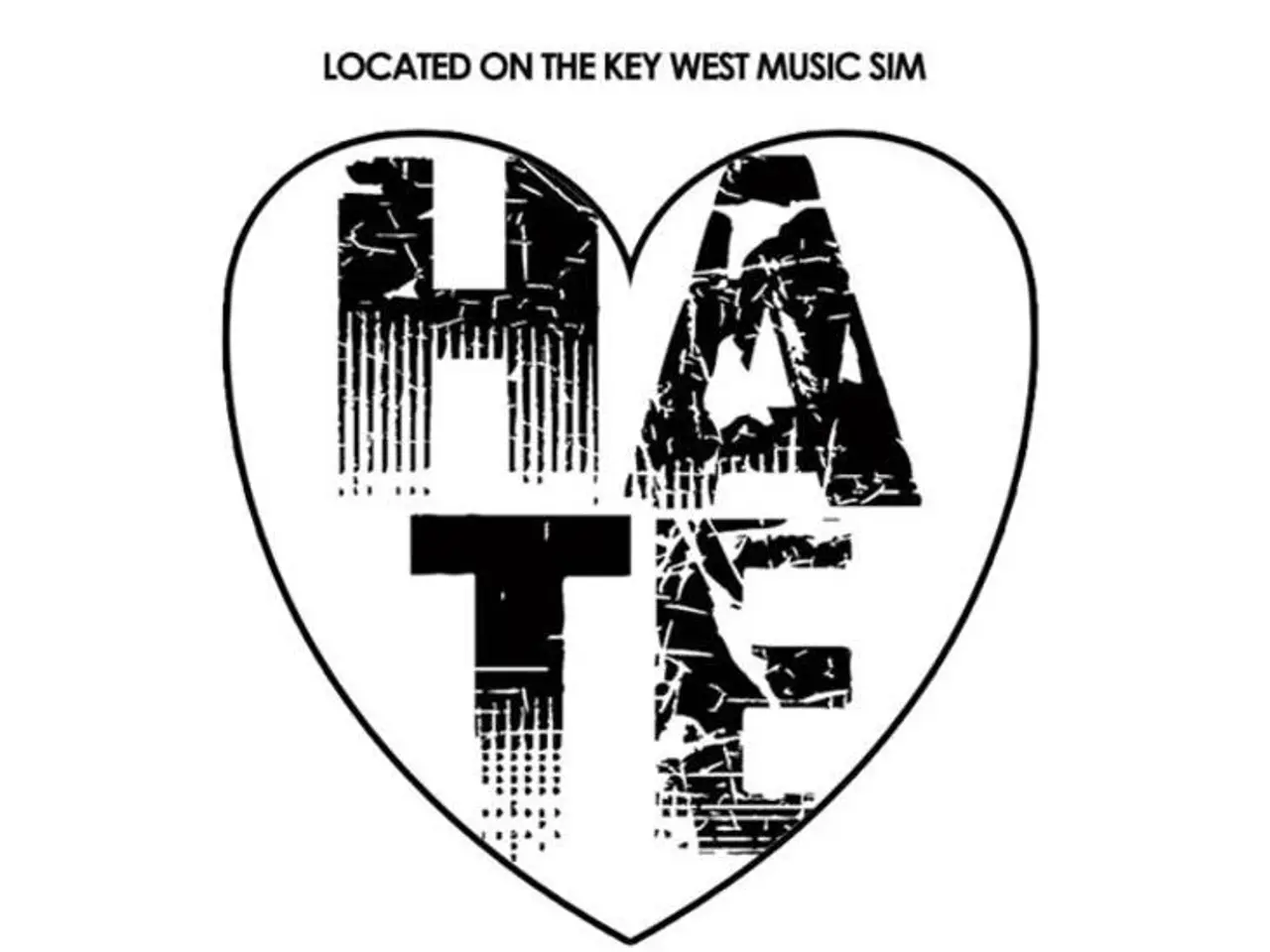Out With the Rainbow, In With the Bigotry? How Pride Parades Become a Target
Have the sizes of CSD parades become excessively broad?
Summer is upon us, and so is Pride month. Traditionally, this season has been a time for Christopher Street Day (CSD) parades that have been taking place in Germany for decades. With vibrant demonstrations and lively parades, they honor, celebrate, and stand up for the first known queer demonstration against police brutality in New York's Christopher Street.
But this year, things may take a different turn. The Reichstag building - a symbol of German politics - will not hoist the rainbow flag on the day of the Berlin CSD parade for the first time, according to Bundestag President Julia Klöckner. Instead, a flag was raised in May, along with federal and European flags, indicating a made political statement. Critics say this move sends the wrong message, and it's not only about the absence of the Pride flag.
In the small town of Regensburg, the CSD parade has been truncated due to an "abstract threat situation," making the safety of participants and law enforcement a concern. Alexander Irmisch, an SPD politician and co-organizer of the parade, believes that the LGBTQIA+ community needs political solidarity now more than ever. As incidents of queer-hostility continue to rise, protective measures have become necessary, he explains.
The Red, White, and Ultra Conservative?
The lifting of the Ban on Queer Rainbow Network of Bundestag Administration's CSD participation has also caused uproar. Paul Göttke, the newly appointed director of the Bundestag, prohibited the participation, citing "mandatory neutrality obligation." The move has been criticized for caving in to right-wing tendencies, and calls have been made for the authorities to revoke the "de facto demonstration ban."
The federal queer commissioner, Sophie Koch, also expressed her displeasure, stating that such restrictions would send a false and unnecessary signal, especially considering the current situation. The Left Party MPs called the Bundestag leadership's decision a "political and moral failure on all fronts," while the Greens urged Kloeckner to show support for the freedom and safety of queer people.
A Chill Wind Blowing Through Politicians' Hearts?
The decisions made by the Bundestag come at a time when attacks on queer individuals are on the rise. Last year, cases of violence and discrimination against queer people and transgender individuals increased significantly, by 18% and 35%, respectively. Recognizing the gravity of the increasing threats, some politicians are standing up against the tide.
CDU politicians Karin Prien and Kai Wegner, like in previous years, plan to participate in the Berlin CSD parade, having their own float. Mayor of Berlin, Frank-Walter Steinmeier, has also announced his participation in the capital's CSD, committing to hoisting the rainbow flag at the Red City Hall during the event.
However, lesser voices of opposition persist, with right-wing extremists planning counter-demonstrations to the Pride parade in Berlin. The far-right party, Alternative for Germany (AfD), which holds seats in the Bundestag, is known for its opposition to LGBTQ+ rights. Their influence within the parliament likely contributed to the refusal to officially acknowledge or support LGBTQ+ communities during the CSD parade in Berlin.
A Sinister Beginning, A Dark End?
Though the specific search results do not directly detail the 2021 incident regarding the Bundestag Pride flag, the broader political context suggests that right-wing political opposition most likely played a significant role in the failure to fly the Pride flag during the Berlin CSD parade. Critics argue that the decision undermines symbolic support for LGBTQ+ rights during a prominent public event, showing reluctance and disregard for the values of inclusion and diversity that many expect from Germany's federal parliament. This episode reflects ongoing tensions in German politics over LGBTQ+ issues amid the presence of right-wing extremist elements.
References:
- Lahl, R. (2019, June 10). Germany's Christian Democrats on gay marriage: The party of Angela Merkel is united against equality. The independent. https://www.independent.co.uk/voices/angela-merkel-germany-christian-democrats-gay-marriage-vote-social-issues-lgbt-community-a8936346.html
- The absence of the Pride flag at the Reichstag during the Berlin CSD parade sparks controversy, as critics argue it sends a wrong message and is not just about a flag's absence.
- In Regensburg, concerns over an "abstract threat situation" lead to the shortening of the CSD parade, prompting calls for political solidarity within the LGBTQIA+ community.
- The Bundestag's ban on the Queer Rainbow Network's CSD participation and the refusal to officially acknowledge or support LGBTQ+ communities stir up criticism, with some calling it a caving into right-wing tendencies.
- As incidents of violence and discrimination against queer people increase, some politicians, such as Karin Prien and Kai Wegner of the CDU, stand against the tide by participating in CSD parades, while right-wing extremists plan counter-demonstrations.





